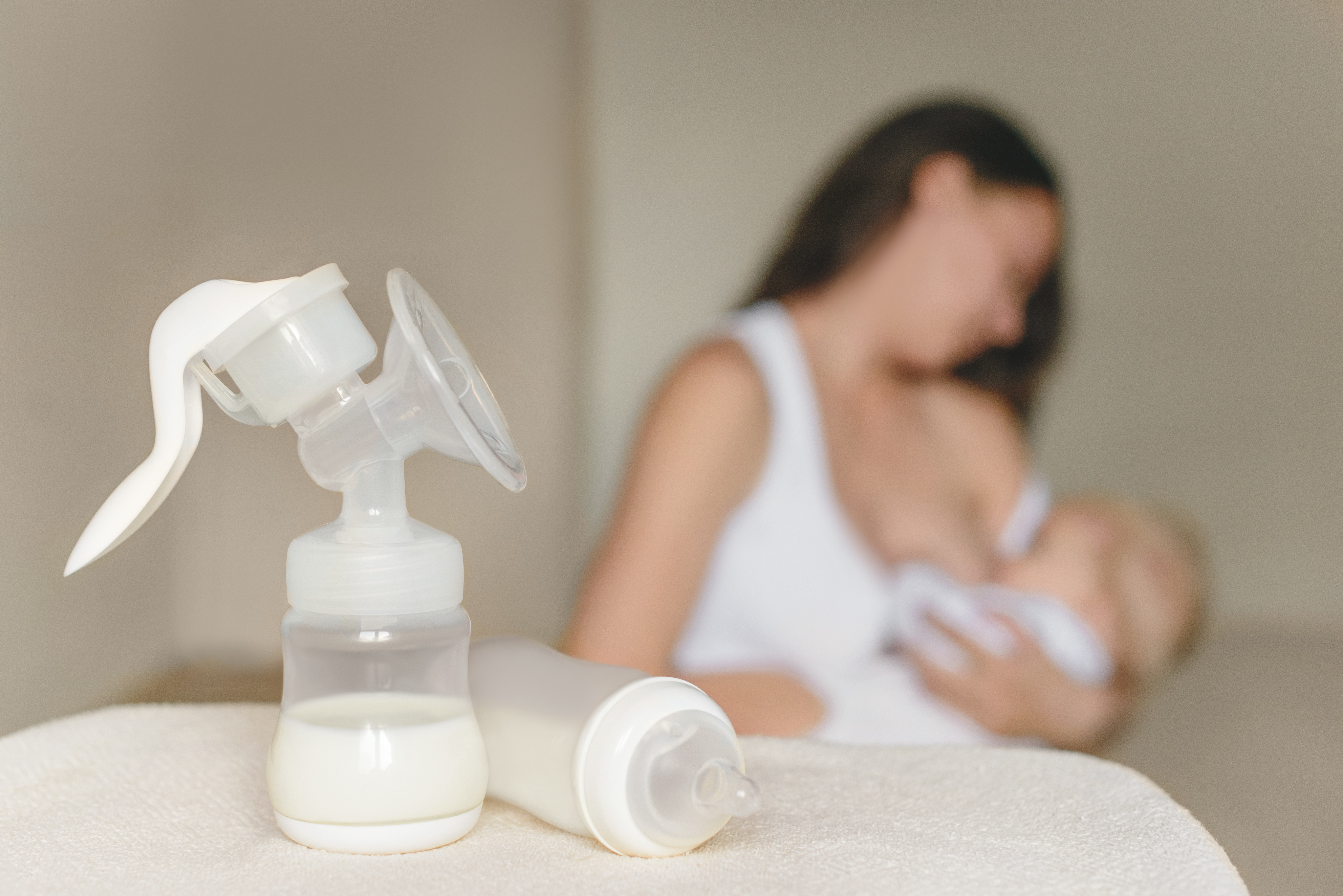Breastfeeding
One of the most important decisions you will make as a new parent is how to feed your infant. More and more women are choosing to breastfeed due to its proven role in creating the best possible health outcomes for the infant. As your pediatrician, we recommend exclusive breastfeeding as the sole source of nutrition for infants until 6 months of age, at which point solid foods may also be introduced. Breastfeeding in combination with solids is recommended through 12 months of age, and you can continue breastfeeding thereafter as long as it is mutually desired by you and your baby. The makers of formula continue to refine their product to more closely mimic breastmilk, but it is impossible to perfectly replicate something as complex as human breastmilk. However, formula is an alternative in those cases where it is not possible or desired to breastfeed exclusively. Ultimately, the decision to breastfeed is yours, and our responsibility to you is to provide you with complete and up-to-date information on the benefits and methods of breastfeeding to make sure that your feeding decision is a fully informed one. As your pediatrician, we are here to support you through this process!

We are here to help!
At each of your baby’s well child checks, we will be closely following their growth and inquiring about their nutrition. As board-certified pediatricians, we can help provide guidance on routine breastfeeding questions and trouble-shooting. We are committed to helping nursing be as smooth and as rewarding as possible for you and your family.
Schedule AppointmentBreastfeeding Support Group
Our Board Certified Lactation Consultant & Pediatrician, Dr. Moore, leads a monthly Breastfeeding Support Group for new and expecting mothers to ask questions and learn more about breastfeeding every third Wednesday of the month.
RSVP
Resources
For your baby:
– It improves baby’s resistance to disease and infection early in life
-It reduces the incidence of ear and upper respiratory infections
-It decreases the risk of develping many diseases later in life including diabetes, heart disease, obesity and cancer
– It leads to improved brain and nervous system development – leading to higher IQs
– It reduces the risk of SIDs
– It provides valuable bonding time with you
& for you:
– It leads to reduced risk for osteoporosis
– It leads to reduced risk for breast and ovarian cancer
– It promotes a quicker return to pre-pregnancy weight
– It reduces the risk for post-partum depression
– It results in fewer missed days from work as your baby will be sick less often
– It provides valuable bonding time with your sweet infant
While many medications are safe to use when you are breastfeeding, some drugs may affect your milk supply or possibly be harmful to your infant. Below, is a handy list of commonly used medications that are usually safe in typical doses while breastfeeding. If you are taking a medication that is not on this list, please do not hesitate to speak to your pediatrician or obstetrician for further guidance.
Acetaminophen (Tylenol) – Used for pain relief
Acyclovir and Valacyclovir (Zovirax, Valtrex) – Antiviral for herpes infections
Antacids (Maalox, Mylanta) – Used to treat upset stomachs
Caffeine (up to 3 drinks/day) – A stimulant
Cephalosporins (ie. Keflex, Cefdinir, Suprax) – Antibiotics used to treat infections
Cetirizine (Zyrtec) – Used to treat allergies
Clotrimazole – Used to treat yeast and fungal infections
Contraceptives (Progestin-only such as Depo) – Used for birth control
Corticosteroids (Prednisone) – Used to treat inflammation and other conditions
Decongestant nasal sprays (Afrin) – Used to treat nasal congestion
Digoxin – Used to treat heart conditions
Erythromycin – Antibiotic used to treat infections
Fexofenadine (Allegra) – Used for allergies
Fluconazole (Diflucan) – Used to treat yeast and fungal infections
Heparin – Used to keep blood from clotting
Ibuprofen (Motrin, Advil) – Used for pain relief
Inhalers (bronchodilators and corticosteroids) – Used for asthma
Insulin – Used for diabetes
Laxatives (bulk-forming and stool-softening) – Used to treat constipation
Loratadine (Claritin) – Used for allergies
Methyldopa – Used to treat hypertension
Metoprolol – Used to treat hypertension
Nifedipine – Used to treat hypertension
Breast milk is the best source of nutrition for most infants. The CDC does not know whether mothers with COVID-19 can transmit the virus via breast milk, but the limited data available suggest this is not likely.
Whether and how to start or continue breastfeeding should be determined by the mother in coordination with her family and healthcare providers.
If you are breastfeeding and have symptoms of or confirmed COVID-19, take steps to avoid spreading the virus to your baby:
– Wash your hands before touching your baby
– Wear a cloth face covering, if possible, while feeding at the breast
– Wash your hands before touching pump or bottle parts and clean all parts after each use
For more information about breastfeeding during COVID-19: CDC: Coronavirus Disease (COVID-19) and Breastfeeding
Some of our favorite online resources for breastfeeding support include:
American Academy of Pediatrics
KellyMom
La Leche League International, Inc.
Nursing Mother’s Counsel, Inc.

